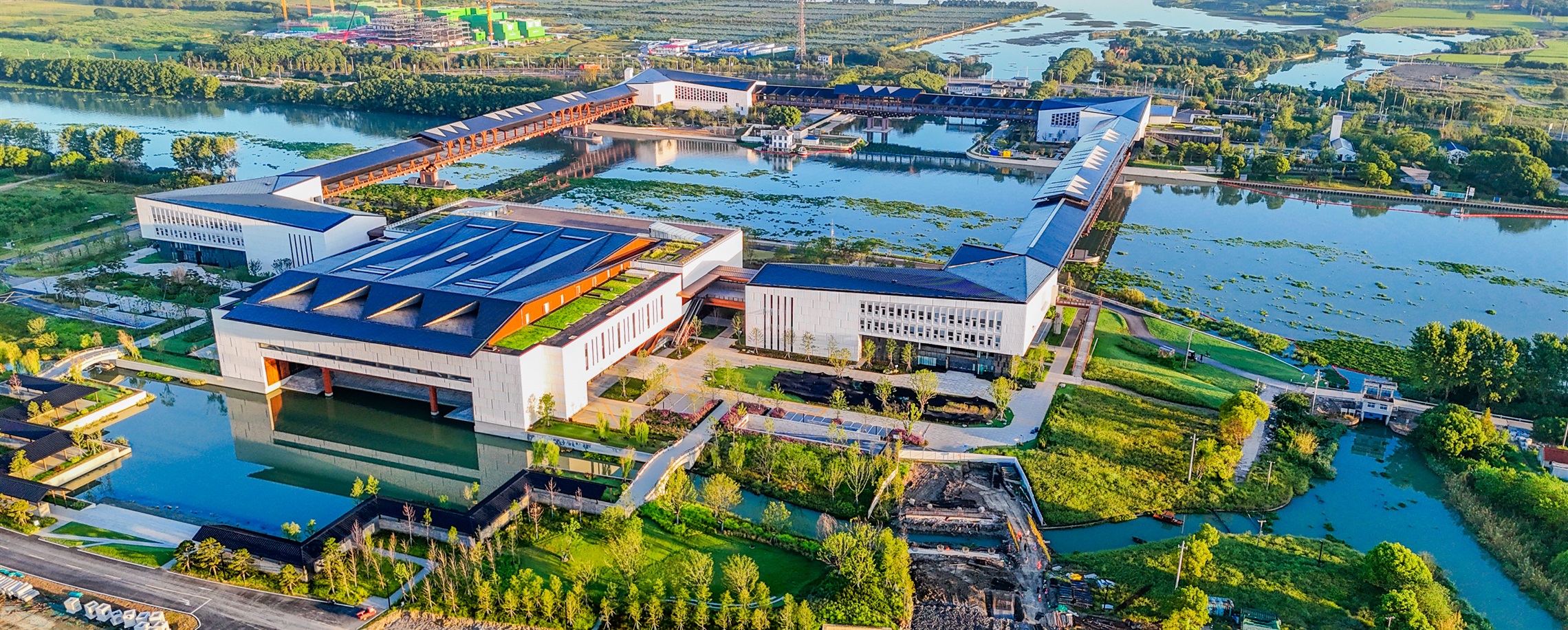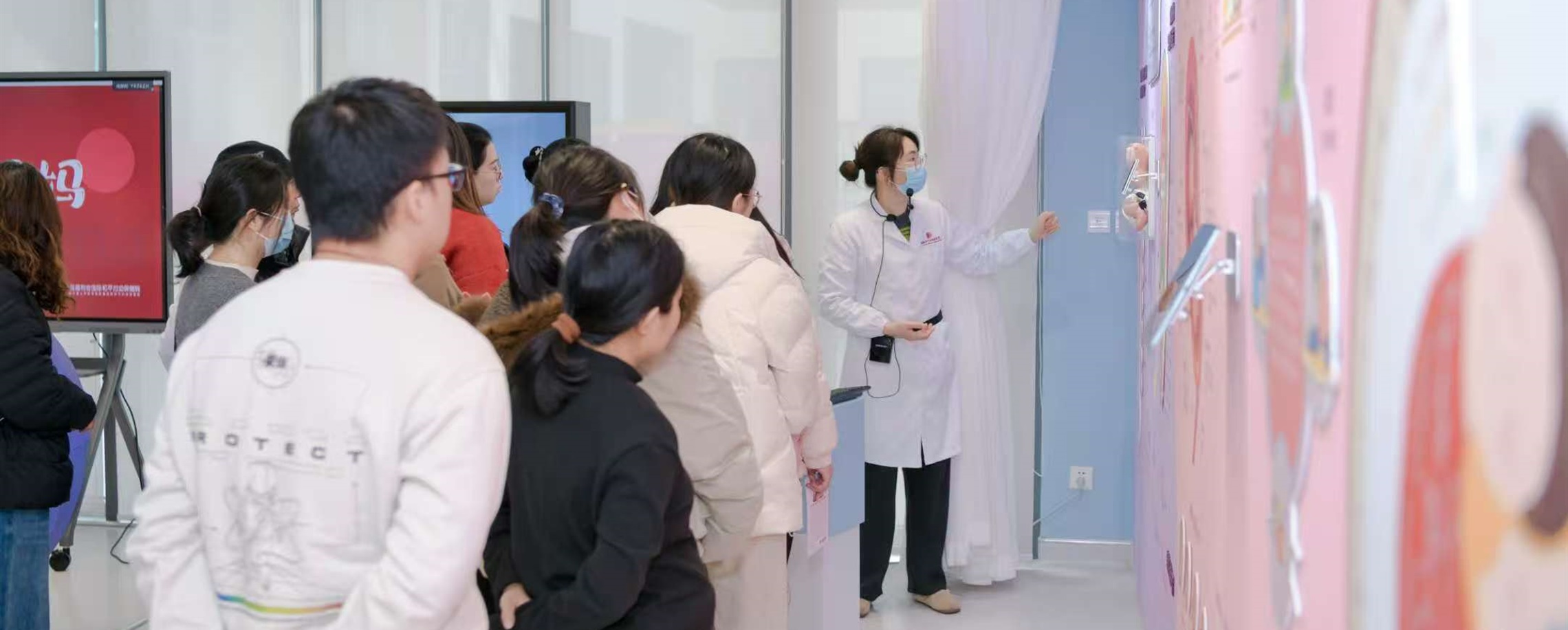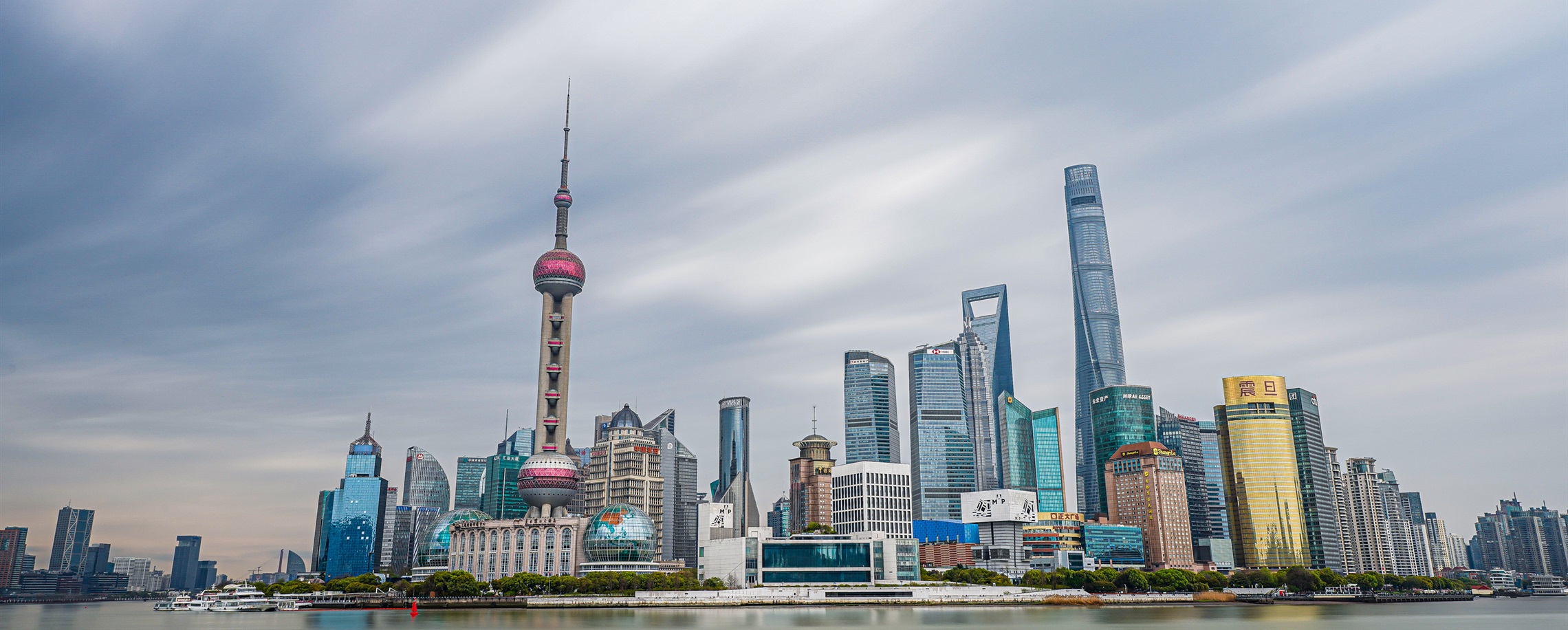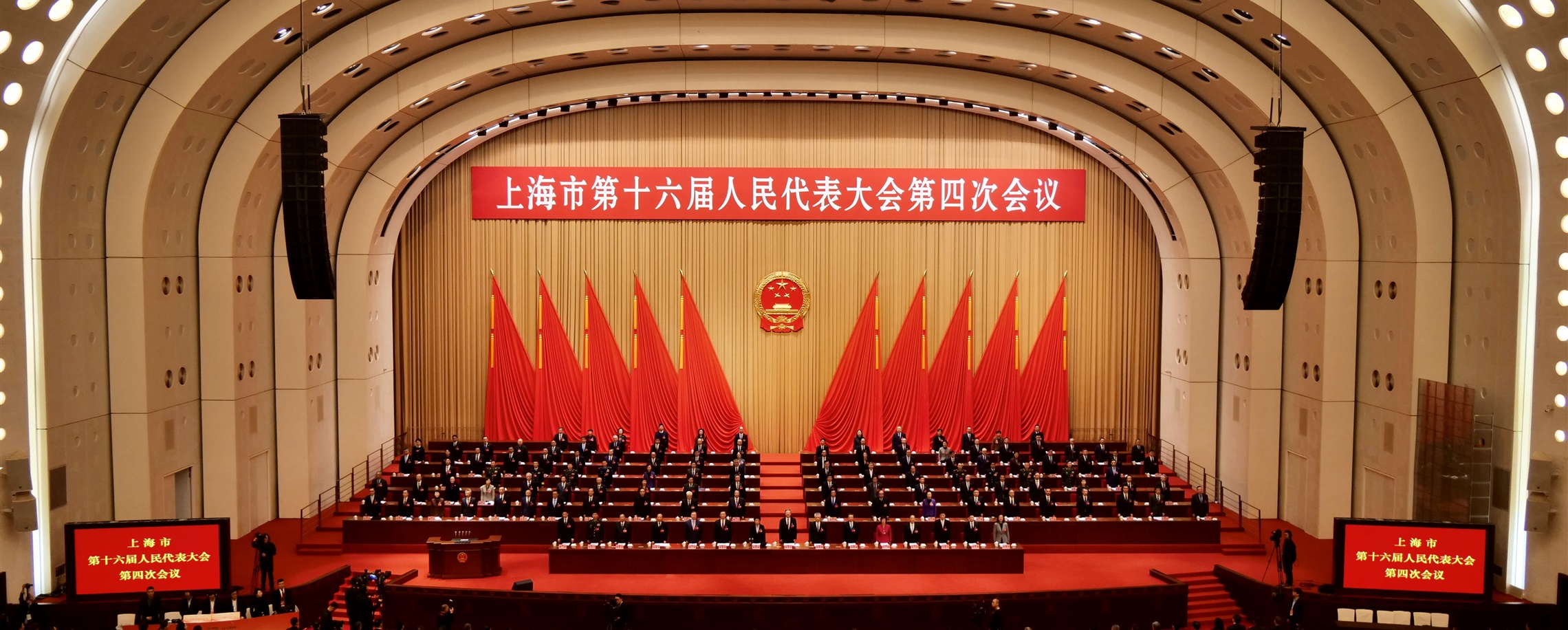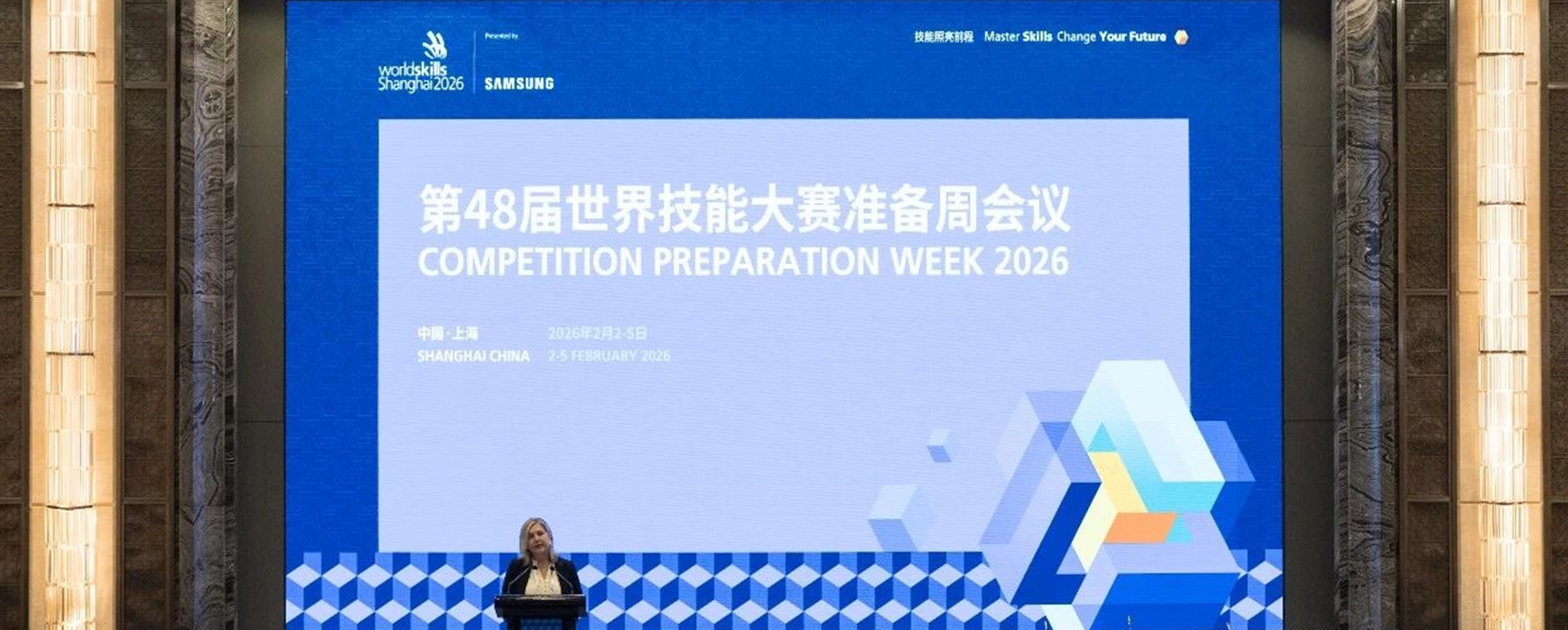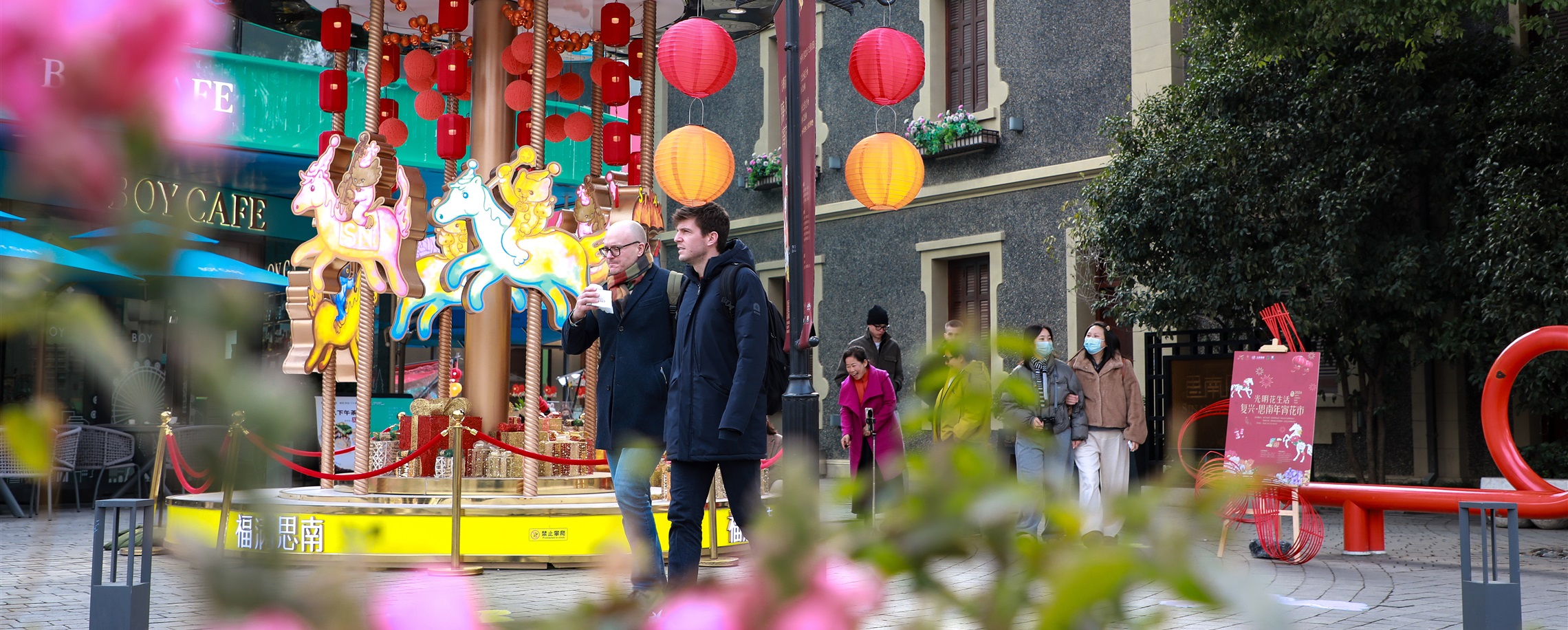Theme park industry on the rise, with Shanghai in the spotlight

Shanghai is becoming a global magnet for the theme park and entertainment industry.
The world's 11th and China's first Legoland opens in the city on July 5. Featuring eight themed zones, one Lego-themed hotel, and the world's largest Lego minifigure, the park is set to become the largest Legoland ever built.
Just days earlier, over 340 exhibitors from more than 30 countries gathered in Shanghai for the IAAPA Expo Asia 2025, a major trade event for the global attractions industry in the Asia-Pacific region. It was the fifth time Shanghai had hosted the expo.
"China's theme park industry has been exploding," said Emily Howard, a designer and principal at PGAV Destinations, the firm behind projects such as Guardians of the Galaxy: Cosmic Rewind at Disney World in Orlando and Chimelong Ocean Kingdom in Hengqin, China.
"There have been a lot of new parks and renovations," she said. "We want to meet more people and understand where the industry is going in China, because we believe that we could make a difference and we want to be part of this explosion for sure."
By the end of 2024, more than 160 theme parks had been registered in China, according to a report by research institute Insight and Info, with Shanghai emerging as one of the key destinations for both international and domestic operators.
Beyond Legoland, located in Jinshan District in the southwest of Shanghai, the "Harry Potter Studio Tour" is scheduled to open in downtown Shanghai in 2027, becoming the third of its kind globally after London and Tokyo.
Asia's first and the world's largest Peppa Pig outdoor theme park is also planned for Chongming in the north of Shanghai. It has entered the creative design phase and is also scheduled to open in 2027.
Shanghai Disneyland, which opened in 2016, is undergoing its third major expansion, with the Spider-Man-themed land breaking ground in May.

Domestic players are also investing heavily. OCT Group plans to invest 5 billion yuan (US$698 million) over the next decade to transform Shanghai Happy Valley into its flagship location. Shanghai Haichang Ocean Park will expand with a new marine center and themed hotel, according to a report by Economic Information Daily.
A China Business Journal report points to several reasons why Shanghai has become a hotspot for theme parks: it's a megacity of over 25 million people, a key transport hub, and the economic heart of the Yangtze River Delta, with strong consumer spending. Its climate also supports year-round tourism.
Massimiliano Freddi, chairman of the IAAPA board, said that beyond Shanghai's large population, strong infrastructure, government support, and the clustering effect of theme parks also helps boost business growth.
"As we've seen in other destinations around the globe, the more attractions you have, the more attractions you can attract," he said.
Freddi also highlighted Shanghai's unique position, describing it as both a distinctly Chinese city and an international hub. "For a company to get started in Shanghai really means entering through the main door," he said.
According to data from iiMedia Research, the number of domestic travelers in China reached 4.24 billion in the first three quarters of 2024, a year-on-year increase of 15.3 percent. Analysts believe that with the recovery of the tourism industry, the growth of the middle class, and the rising trend of family travel, China's theme park industry has also been positively impacted.
Separate reports from the Shanghai Youth Research Center indicate that among Chinese aged 18 to 30, theme parks are the most popular travel destinations, followed by concerts and museums. Consumers born in the 1990s especially seek interactive and emotionally engaging entertainment experiences.

Despite growing interest from younger visitors, domestic demand remains largely unmet. The Insight and Info report reveals that as of September 2023, China's theme park market penetration stood at just 27 percent, compared to an average of 68 percent in developed countries.
Meanwhile, the industry also faces short-term challenges. The same report shows that as of October last year, the overall performance of China's theme park industry had declined compared to 2023, with a significant drop in visitor numbers. This downturn is partly attributed to the current economic environment, which has made consumers more cautious about discretionary spending.
China's theme parks also still lag behind international brands in overall concept design and IP development.
However, many companies remain optimistic about the market. Liu Yibin, general manager of Hong Kong-based theme park equipment manufacturer Enchantmatic, noted that his parent company originally specialized in parking technology but has recently expanded into theme park equipment.
"After the pandemic, both domestic and overseas markets realize the need for more entertainment," said Liu. He also believes the Chinese market is developing faster than overseas markets.
Some Chinese parks have also explored their own IP development paths. For example, Chinese toy brand Pop Mart opened its first IP-themed park in Beijing in 2023. Last year, Huaqiang Fantawild launched a new theme park brand based on its popular animation "Boonie Bears."
Freddi noted that his nephew in Italy is a fan of Pop Mart's character Labubu. He believes China has potential to develop homegrown stories and legends in ways that resonate with both domestic and international audiences.

Howard believes that theme parks in the future will emphasize natural elements over technology and cater to inter-generational families.
Freddi added that the emotional connections fostered by theme parks are their core appeal. "Theme parks and attractions are places where people truly come together," he said. "That's why they'll forever be successful."
In Case You Missed It...
